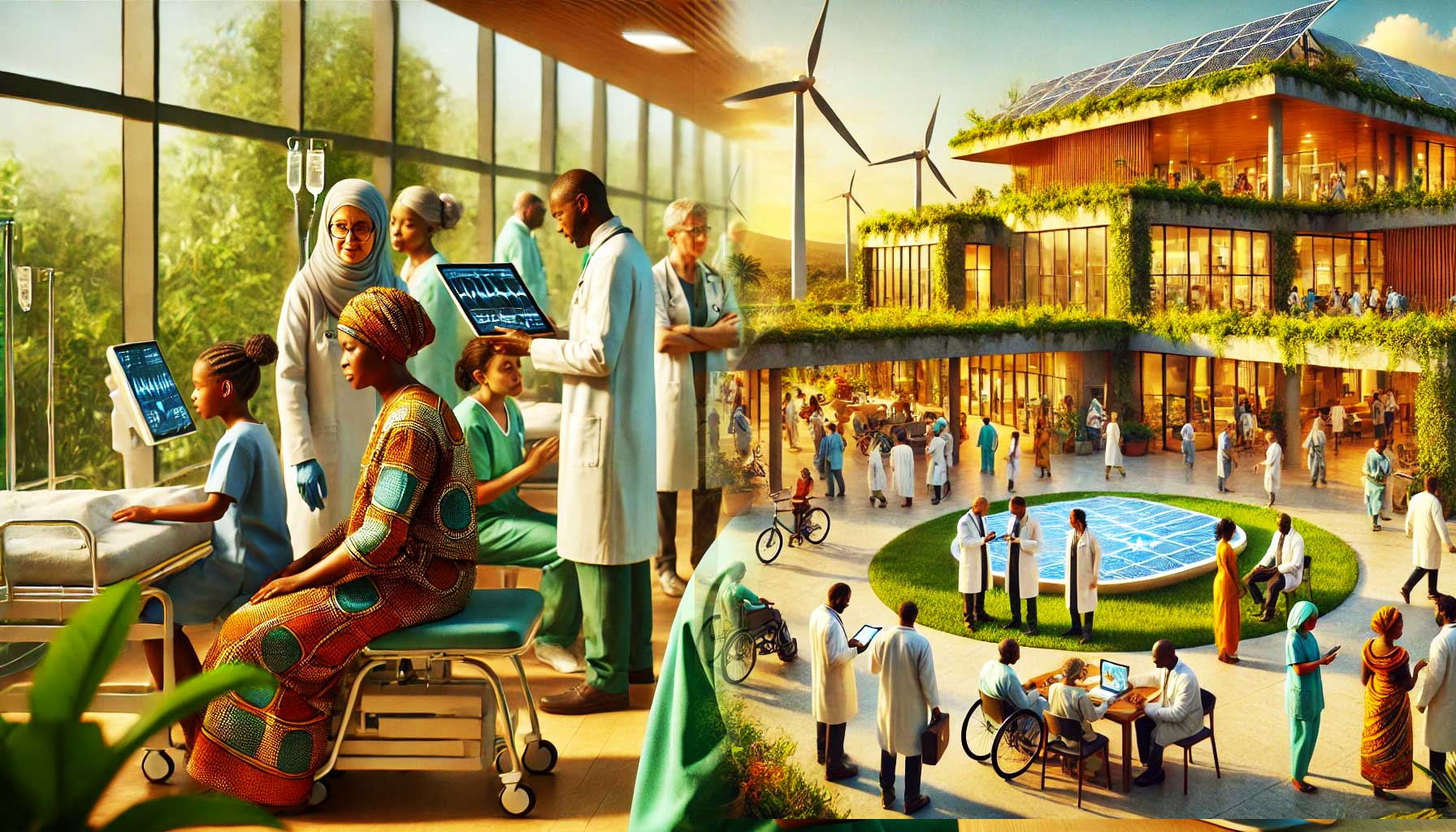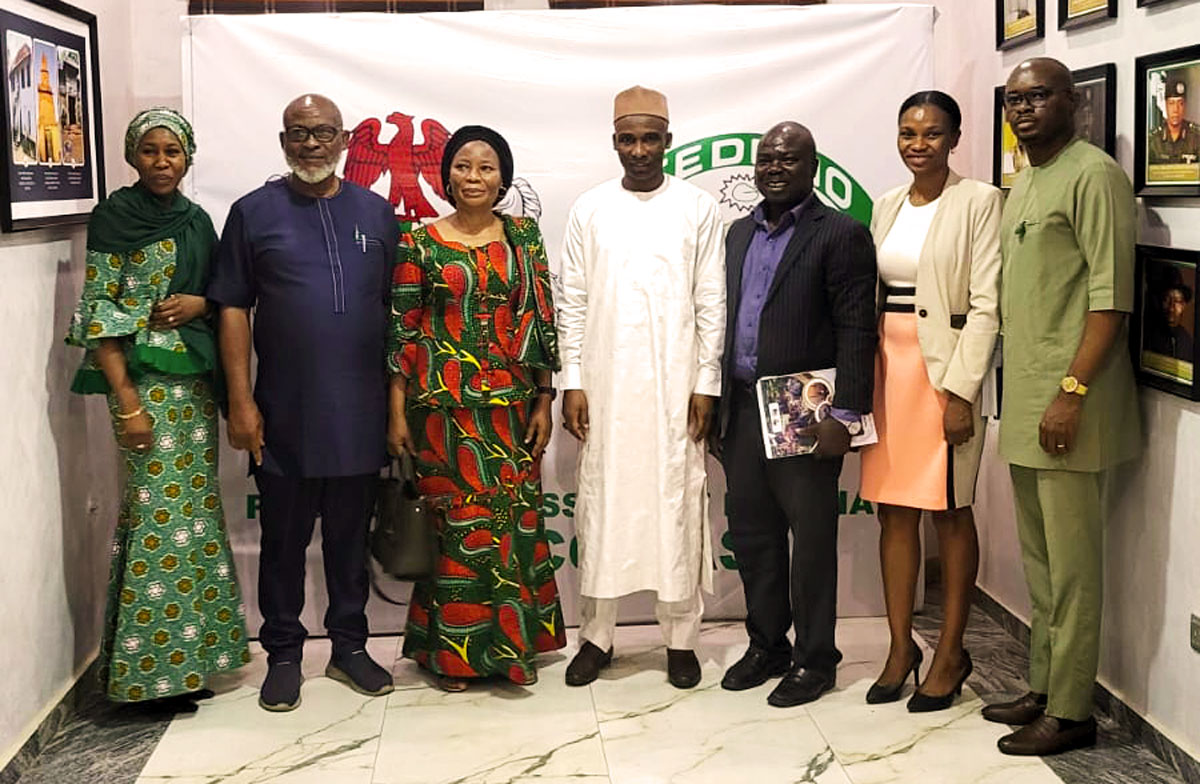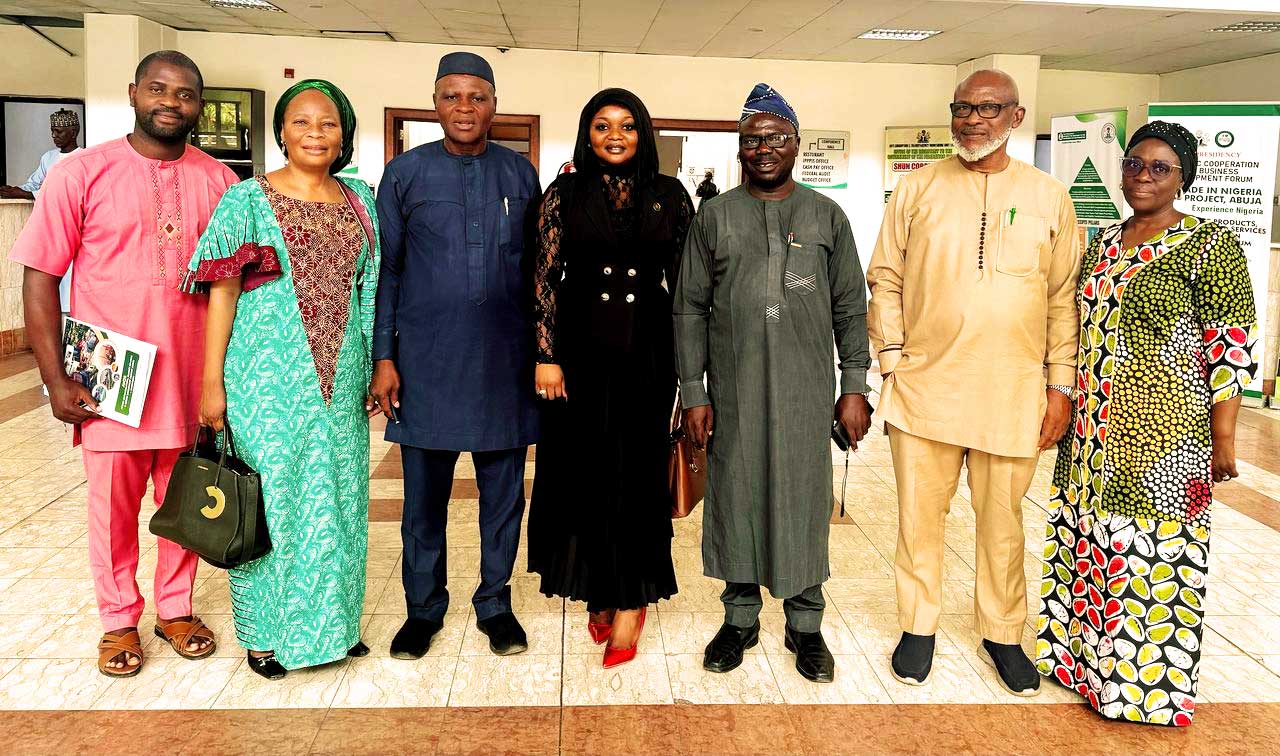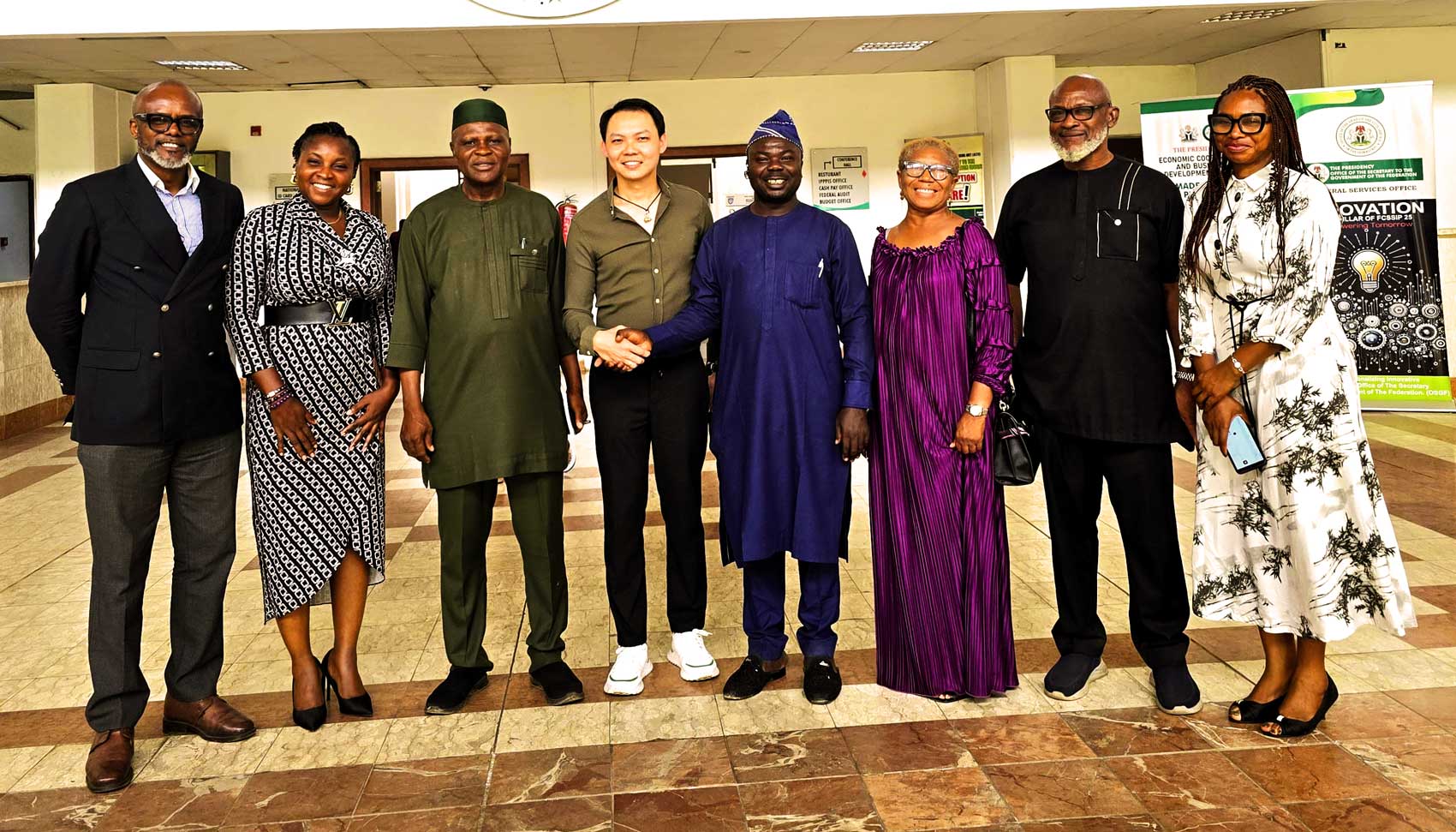Africa’s healthcare sector faces unique challenges amid rapid urbanization, climate change, and increasing population pressures. While the continent is blessed with resilient communities and a wealth of natural resources, healthcare infrastructure often remains underdeveloped and energy inefficient. The Africa Multilateral Infrastructure, Climate Change, and Green Investment Summit, AICIS 2025 is set to serve as a transformative platform to address these challenges head-on. By investing in sustainable healthcare infrastructure, Africa can not only improve public health outcomes but also build climate-resilient communities and drive long-term economic growth.
1. The Urgency of Sustainable Healthcare Infrastructure in Africa
Healthcare is more than just a service; it is the cornerstone of societal resilience. In many African countries, outdated hospital facilities, unreliable power supplies, and inefficient resource management compromise the delivery of quality healthcare. Climate change further exacerbates these issues, as extreme weather events, water scarcity, and energy disruptions can undermine hospital operations and emergency response capabilities. Sustainable healthcare infrastructure is therefore essential not only for improving health outcomes but also for ensuring that systems can withstand environmental stressors and continue serving communities during crises.
2. Challenges Facing the Current Healthcare System
Several key challenges hinder the effectiveness of Africa’s healthcare infrastructure:
- Energy Inefficiency: Many healthcare facilities rely on fossil fuels, leading to high operating costs and increased greenhouse gas emissions.
- Infrastructure Gaps: Rural and underdeveloped areas often lack modern hospitals, reliable power, and clean water, affecting both patient care and staff safety.
- Resource Constraints: Limited funding and outdated technologies impede the maintenance and expansion of healthcare services.
- Environmental Vulnerability: Hospitals are increasingly at risk from climate change impacts such as floods, heatwaves, and water contamination.
These challenges underscore the need for a strategic shift toward sustainable, resilient healthcare systems that leverage green investment and innovative technologies.
3. Innovative Approaches to Green Healthcare Facilities
Sustainable healthcare infrastructure is designed to be energy-efficient, resilient, and environmentally friendly. Innovations in this field focus on several key areas:
- Eco-Friendly Design and Construction: Modern healthcare facilities are incorporating sustainable materials, green roofs, and natural ventilation systems to reduce energy consumption and improve indoor air quality.
- Efficient Waste Management: Hospitals generate significant amounts of waste, including hazardous materials. Advanced waste recycling and treatment systems can reduce environmental impact while lowering operational costs.
- Water Conservation Systems: Implementing rainwater harvesting, water recycling, and efficient plumbing systems ensures a reliable supply of clean water, which is vital for both patient care and facility operations.
4. The Role of Renewable Energy and Smart Technologies
Renewable energy is a cornerstone of sustainable healthcare infrastructure. By integrating solar panels, wind turbines, and battery storage systems, hospitals can achieve energy self-sufficiency and reduce their carbon footprint. In addition, smart technologies such as IoT sensors, AI-driven energy management systems, and predictive maintenance tools can optimize energy usage, ensure reliable power supply, and monitor environmental conditions in real time.
For instance, a hospital equipped with a solar microgrid not only reduces energy costs but also becomes more resilient during power outages—a critical factor during emergencies. Digital tools also facilitate remote patient monitoring and telemedicine, extending healthcare access to underserved regions.
5. Successful Case Studies and Global Best Practices
Across the globe, several models of sustainable healthcare infrastructure have emerged as benchmarks for Africa:
- The Green Hospital Initiative in India: Several hospitals have integrated renewable energy, waste reduction, and water conservation techniques, significantly lowering operating costs while enhancing patient care.
- Solar-Powered Clinics in Latin America: In rural areas, solar-powered clinics have proven to be both cost-effective and reliable, improving healthcare access in remote communities.
- Eco-Friendly Hospitals in Europe: Modern hospitals in Europe incorporate sustainable designs and smart technologies, setting high standards for energy efficiency and environmental stewardship.
These case studies provide valuable lessons that can be adapted to the African context, demonstrating that sustainable healthcare is not only feasible but also economically beneficial.
6. Mobilizing Investments and Public-Private Partnerships
Achieving sustainable healthcare infrastructure in Africa requires a concerted effort from both the public and private sectors. Public-Private Partnerships (PPPs) are essential for mobilizing the necessary capital, technical expertise, and policy support. At AICIS 2025, stakeholders will explore innovative financing mechanisms such as green bonds, climate funds, and impact investments specifically designed to support healthcare projects.
Governments and international donors must work in tandem with private investors to create enabling environments that facilitate technology transfer, skill development, and infrastructure upgrades. These partnerships will be critical in scaling successful models and ensuring that all regions, particularly underserved rural areas, benefit from sustainable healthcare solutions.
The future of Africa’s healthcare infrastructure lies in its ability to embrace sustainability, innovation, and resilience. By investing in green healthcare facilities and leveraging renewable energy and smart technologies, Africa can build robust systems that not only deliver quality care but also withstand the challenges of a changing climate.
The Africa Multilateral Infrastructure, Climate Change, and Green Investment Summit (AICIS 2025) is the definitive platform for driving this transformation. Stakeholders from across the globe—policymakers, investors, technology leaders, and healthcare professionals—are invited to join this critical dialogue and take action towards a resilient, sustainable, and inclusive healthcare future in Africa.
Join the movement at AICIS 2025 and be part of Africa’s journey to revolutionize healthcare infrastructure for a green, climate-resilient future.
#AICIS2025 #SustainableHealthcare #GreenInvestment #ClimateResilience #RenewableEnergy #EcoInfrastructure #DigitalHealth #PublicPrivatePartnerships #AfricaFuture #GreenInnovation




